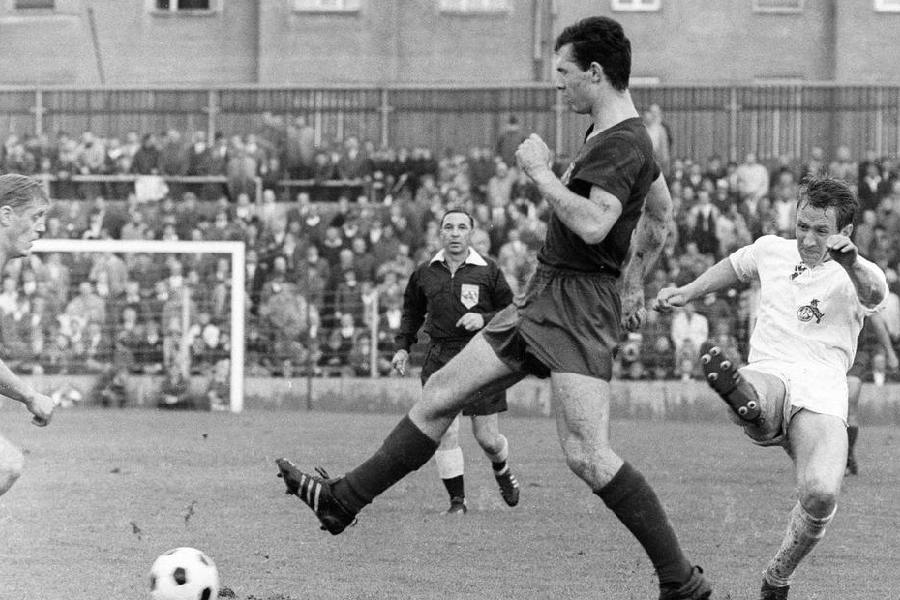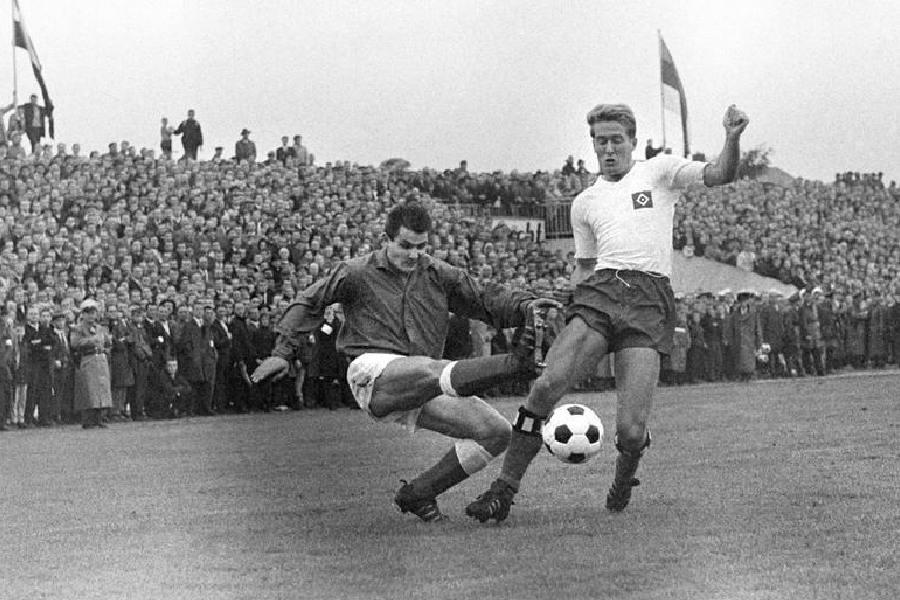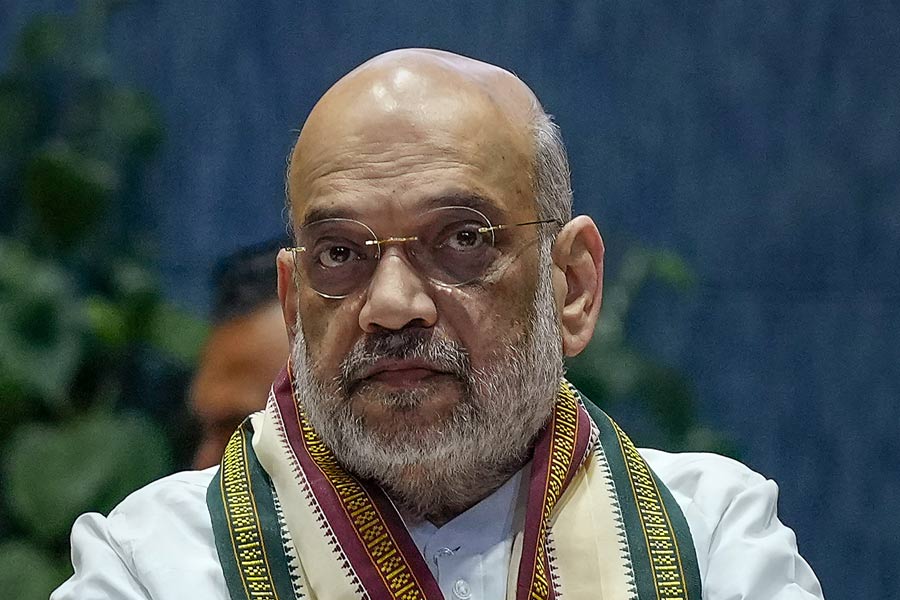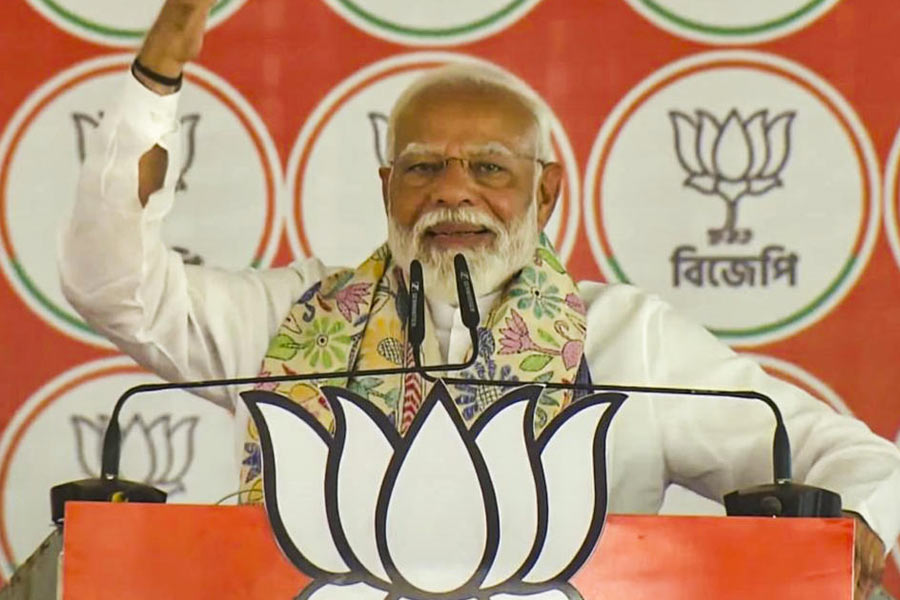Kicking it all off on a Saturday
The first games were played on Saturday, August 24, 1963 — all eight games. No Friday, Sunday, or (God forbid) Monday fixtures. The decision to establish a single top-tier league of 16 clubs in West Germany had been made at a national congress of the German Football Association (DFB) held in Dortmund in July 1962.
"This decision makes me happy. At last, we have it," West Germany coach Sepp Herberger, who had been a congress delegate representing the Southwest German Football Association, said at the time according to the DFB Journal.
This made West Germany one of the last major European countries to get a single top-tier league. England's Football League, which became the Premier League in 1992, had already been founded long before, in 1892. Italy's Serie A kicked off its first campaign in 1898, Spain's Primera Division in 1929, and France's Ligue 1 followed in 1932. Even the "other" Germany was far quicker to establish a top tier league than West Germany: The Oberliga began play in 1949, before the state of East Germany had even been officially founded.
What led to the founding of the Bundesliga after all those years?
Many had grown tired of a rather cumbersome system that the DFB had used to determine Germany's football champion since 1903. Under that system, the champions of the regional leagues (at first eight, later 16) would face each other in a knockout tournament to determine the national champion.
The disadvantage to this system, though, was that it meant the country's top teams in any given era or season would only face each other once a year. Many also argued that a single top-tier national league running over an entire season was a fairer way to determine a champion, rather than a two-legged knockout tournament — in which, in theory at least, a lesser team could win the title by hitting a strong run of form at just the right time. The Bundesliga would change all of that.

Franz Beckenbauer (center) and Bayern Munich would set the Bundesliga on fire — but not right away Deutsche Welle
Controversial entry decisions
Clubs had to apply to the DFB for admission to the Bundesliga for its inaugural season. A total of 46 of the 74 clubs in West Germany's top regional leagues (Oberliga) did so. The DFB had predetermined a system meant to distribute the teams over the entire country: Three would come from the north, five each from the west and south, two from the southwest and one from West Berlin.
The selection, which was made by a five-member Bundesliga commission, was based on sporting, economic and technical criteria. A major factor was a club's performance in the Oberliga over the previous 12 seasons. While several clubs were named to join this new league without dispute, several others were cause for considerable controversy. Much of the reason for this was that the commission didn't always strictly follow its own criteria in determining which clubs to invite.
To smooth things over with some of those who were excluded, the idea of increasing the number of teams in the inaugural season to 18 or even 20 was raised, but ultimately rejected. A total of 13 of the clubs that didn't make the final cut lodged protests with the DFB — all of which were unsuccessful. It may seem hard to imagine in 2023, but among these were a certain Bayern Munich.
The founding members of the Bundesliga were: Hamburg, Werder Bremen and Eintracht Braunschweig from the north; Eintracht Frankfurt, Karlsruhe, Nuremberg, 1860 Munich and VfB Stuttgart from the south, Borussia Dortmund, Cologne, Meidericher SV (better known as Duisburg), Preussen Münster and Schalke from the west. Kaiserslautern and Saarbrücken were admitted from the southwest; Hertha were chosen to represent West Berlin — a decision made more for political than for footballing reasons. The honor of becoming the Bundesliga's first champions went to Cologne.
Reuniting German football
The next major change came in 1991: Germany's reunification led to an effort to integrate East German football into a united league system. As a result, the last East German Oberliga champions, Hansa Rostock, joined the Bundesliga for the 1991-92 season, along with second-placed Dynamo Dresden — with the league expanding to 20 teams for a single campaign. At the end of the season, four were relegated — including Hansa Rostock — and just two promoted from the second tier, bringing the Bundesliga back to 18 clubs.

Hansa Rostock (blue and white strip) were relegated at the end of their first Bundesliga season Deutsche Welle
Fun facts
1. Today's perennial champions Bayern Munich didn't join this exclusive club until 1965, when the Bundesliga expanded to 18 teams.
2. The last remaining founding member of the Bundesliga, Hamburg, were relegated for the first time in 2018 — after 55 years of uninterrupted membership.
3. Bayern Munich and Werder Bremen are the two clubs that have spent longer in the league than any other, with both embarking on their 59th Bundesliga season — in the league's 61st.












